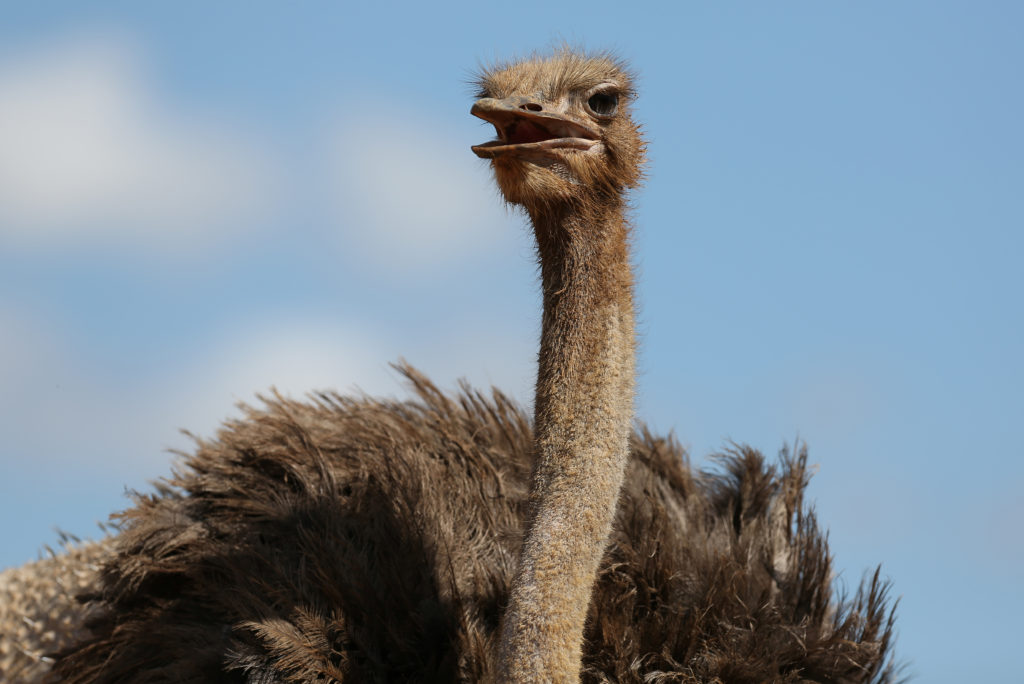Summary
A new study reveals that the ancestors of large flightless birds like ostriches and emus were capable of long-distance flight. Researchers analyzed a 56-million-year-old bird fossil to learn about its flight ability, helping to explain how these birds spread across continents.
Key Facts
- The study focused on a fossil of a bird called Lithornis, which lived 56 million years ago.
- Lithornis belonged to a group of birds that includes ostriches, emus, and kiwis, known as palaeognaths.
- Modern large flightless birds, such as ostriches, evolved separately to lose the ability to fly.
- Tinamous, which are related to these birds, can fly but only in short bursts.
- The fossil showed that Lithornis had a sternum similar to birds capable of flying long distances, like herons.
- This suggests their ancestors could travel long distances between continents.
- Researchers used a technique called geometric morphometrics to compare the fossil to 150 living bird species.
- The study challenges the idea that palaeognath birds were simply spread by continental drift.
